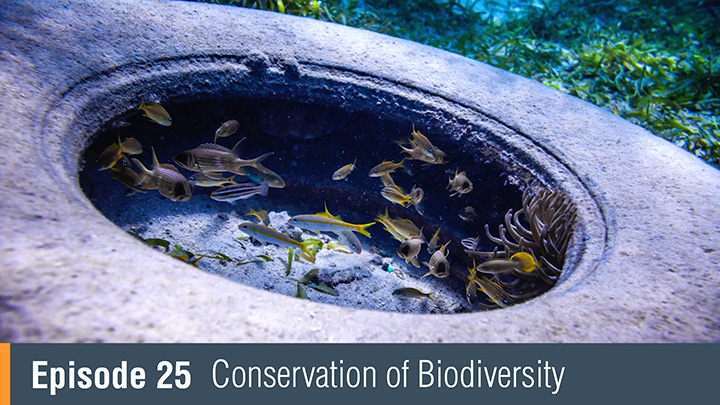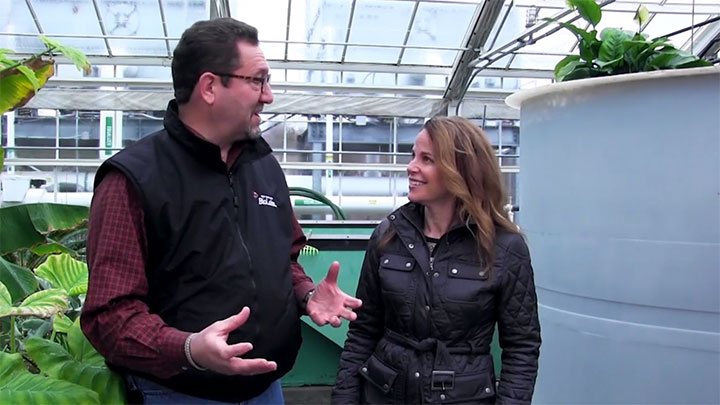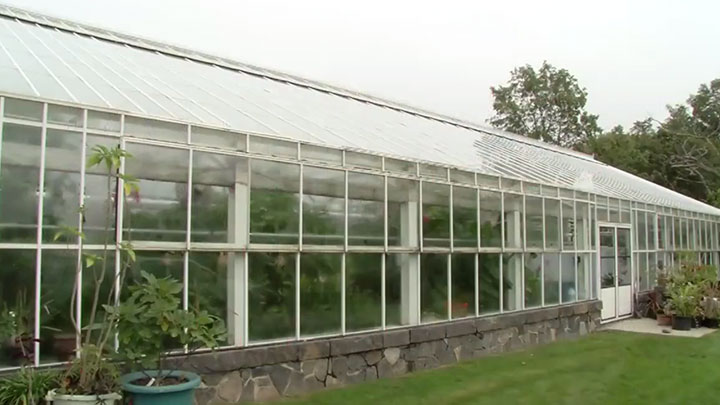Environmental Commitment
Our Facility
Believing it possible to conduct cutting-edge research and production in a greener, less-environmentally impactful way, NEB commissioned the building of a modern, LEED® certified (Leadership in Energy and Environmental Design) 140,000 square foot laboratory building. LEED certification is a distinction awarded based on a suite of environmentally focused standards that include site sustainability, water efficiency, energy conservation and atmospheric protection, choice of building materials and resources, indoor environmental quality, innovation and building design. In 2009, NEB also received a “sustainable design” award from the Boston Society of Architects for this state-of-the-art facility, which was designed by Mart Ojamaa of Jung Brannen Associates.
Our Business Processes
A true pioneer in sustainable business practices, NEB established the first shipping box recycling program over thirty-five years ago. More recently, NEB partnered with TemperPack® to introduce the ClimaCell® cooler – a 100% recyclable alternative to expanded polystyrene packaging for cold chain shipping. In 1987, as part of an effort to minimize fuel consumption and shipping costs, NEB introduced its freezer program, consolidating shipments and freezer utilization costs and providing on-demand molecular biology reagents in academic and research centers across the globe. All publications, including manuals, datacards and marketing materials, are printed on recycled paper. In addition, the NEB Catalog & Technical Reference is printed on Forest Stewardship Council® (FSC) certified, 30% post-consumer recycled paper, reducing the need for trees, decreasing energy consumption and saving landfill space. The NEB Catalog is also the first CarbonNeutral® certified catalog produced in the United States (view the press release). The NEB mail list is carefully monitored for returned mail to help reduce the volume of printed materials; the use of e-invoices also helps to decrease paper usage. The extensive in-house recycling program includes paper, plastics, expanded polystyrene, glass, aluminum, batteries and electronics.
Global Conservation and Awareness
Since it was first published in 1975, the NEB Catalog & Technical Reference has been a trusted resource for scientists around the world. In addition to the extensive scientific information, each edition of the catalog contains minireviews that address various environmental topics of interest. These articles endeavor to raise awareness about the impact we have on the environment and our need to act as stewards of the planet. With the release of each catalog, NEB pledges support to non-profit organizations that promote environmental awareness.
Read articles highlighting these important environmental topics:
Non-Profit Organizations
As part of our commitment to raising environmental awareness, NEB has played a role in the establishment of two non-profit organizations: New England Biolabs Foundation and the Ocean Genome Legacy Center of New England Biolabs.
The New England Biolabs Foundation (NEBF), a private foundation established in 1982, fosters community-based conservation of landscapes and seascapes, and the bio-cultural diversity found in these places. For more information, please visit www.nebf.org.
The Ocean Genome Legacy Center of New England Biolabs, located at Northeastern University's Marine Science Center in Nahant, MA, promotes conservation of marine genomic diversity by creating and maintaining a repository of genomic DNA from marine organisms from around the world. For more information, please visit the OGLF website.
NEB also supports local environmental initiatives through our corporate donations program, which contributes to non-profit organizations.




